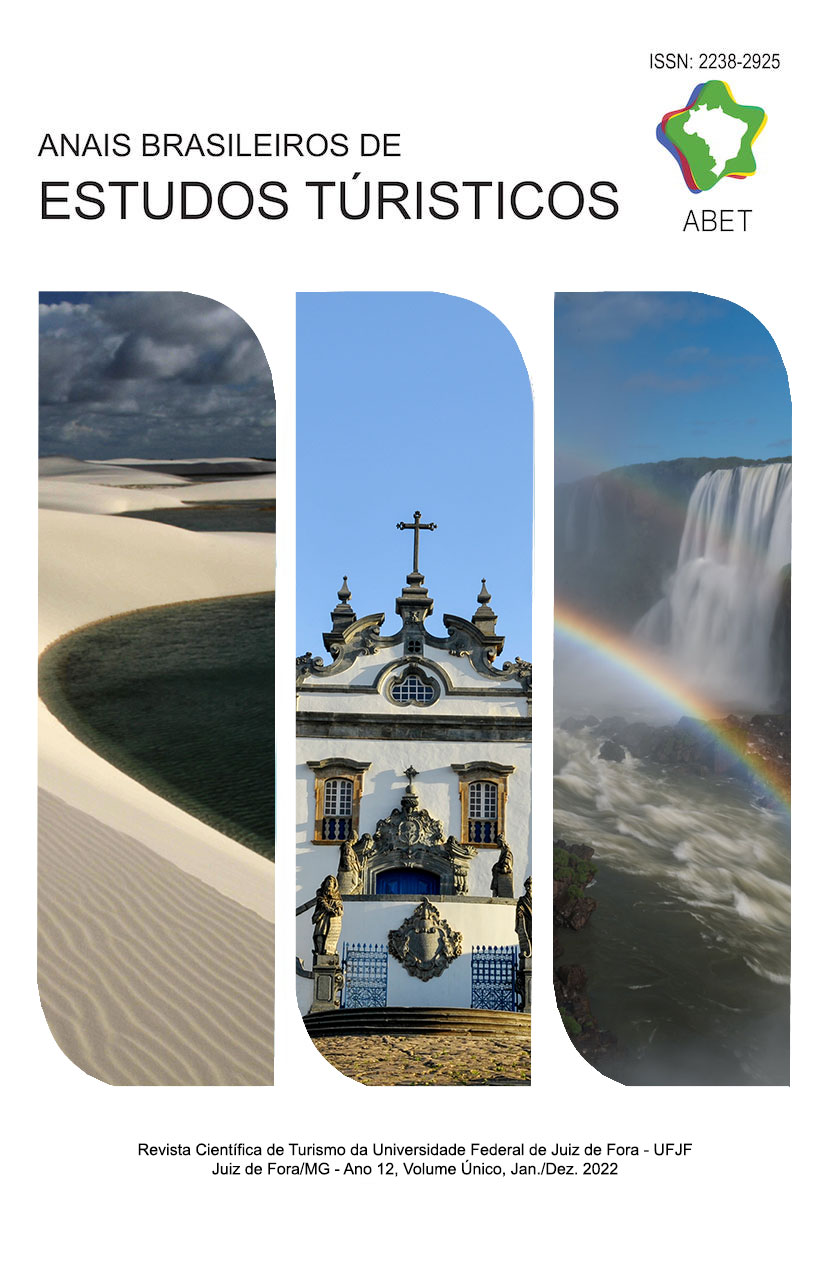Change in tourist trends as a result of restrictions caused by the COVID-19 pandemic
DOI:
https://doi.org/10.5281/zenodo.7618728Keywords:
Tourism, Tourism industry, Macrotrend, Pandemic, Domestic tourismAbstract
As the novel coronavirus infection (COVID-19) continues to spread throughout the world, the tourism industry operates under numerous social distancing constraints, which has a negative impact on demand, the economic performance of tourism businesses, and also leads to staff layoffs and numerous bankruptcies in the industry. The purpose of the article is to investigate changes in the established global trends in tourism under the influence of restrictions caused by the COVID-19 pandemic. The study presents an analysis of the impact of the COVID-19 pandemic on the tourism industry. The macrotrends in tourism before the introduction of restrictions due to the COVID-19 pandemic and the trends that emerged in tourism in the course of the pandemic are identified. The study suggests that the trends that made their appearance in tourism during the pandemic can contribute to the industry’s recovery from the crisis in the post-pandemic period. At the same time, the prospects for the tourism sector remain extremely unclear. The changes brought about by the pandemic force the authorities of virtually all countries of the world, especially those in which tourism is quite a significant sphere of development, to take a different approach to the formation of strategies and programs for the development of the tourism industry.
Downloads
Downloads
Published
How to Cite
Issue
Section
License
Copyright (c) 2022 Anais Brasileiros de Estudos Turísticos

This work is licensed under a Creative Commons Attribution 4.0 International License.
This journal provides immediate open access to its content, following the principle that providing free scientific knowledge to the public provides greater democratization of world knowledge.
Authors must agree to the following terms relating to copyrights:
(a) Authors keep all copyright and grant the to the journal the right of first publication, with the work simultaneously licensed under the Creative Commons Attribution License that allowing job sharing with recognition of authorship of the work and initial publication in this journal.
(b) Authors are allowed to assume additional contracts separately, for non-exclusive distribution of the version of the work published in this journal (e.g. publish in institutional repository or book chapter), with recognition of authorship and initial publication in this magazine.
(c) Authors are allowed and are encouraged to publish and distribute their work online (e.g. in institutional repositories or on your personal page) since they do not do this before or during the editorial process, as this can generate productive interchange, as well as increase the impact and citation of work aired. (See Effect of Free Access).















